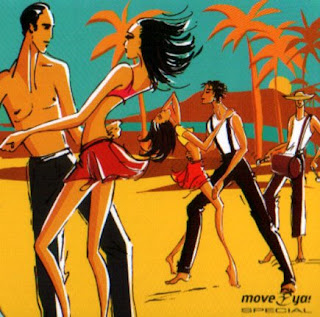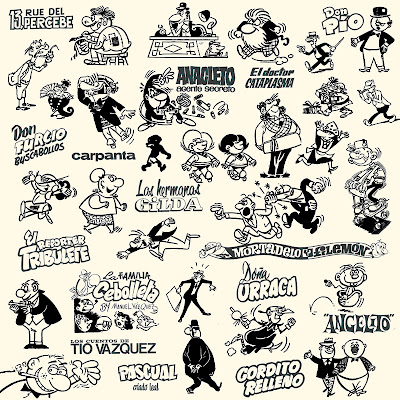1. Súper fácil: elige la respuesta correcta.
Sujeto: tú - Verbo: comer (to eat)
come - comes - como - coméis
Sujeto: yo - Verbo: amar (to love)
amo - amamos - ama - ame
Sujeto: nosotros - Verbo: vivir (to live)
vivemos - vivamos - vivimos - vivirimos
Sujeto: él - Verbo: beber (to drink)
beba - bebo - bebe - bebes
Sujeto: usted - Verbo: bajar (to descend)
bajo - baje - baja - bajas
Sujeto: vosotros - Verbo: subir (to ascend)
subéis - subes - subís - subáis
Sujeto: ellas - Verbo: odiar (to hate)
odian - odias - odiaran - odiáis
Sujeto: ustedes - Verbo: llamar (to call)
llamáis - llama - llamas - llaman
2. Fácil: conjuga el verbo entre paréntesis (between brakets).
Yo (escuchar) escucho la radio todas las mañanas.
I listen to the radio every morning.
Ellas (comprar) compra pan en la panadería.
They buy bread in the bakery.
Vosotros (vivir) vivís en una casa muy bonita.
You (all) live in a very beautiful house.
Tú (cenar) cenas a las diez.
You dine at ten.
Ella (escribir) escribe una carta.
She writes a letter.
Nosotros (correr) corremos todos los fines de semana.
We run every weekend.
Usted (leer) lee el periódico todos los días.
You read the newspaper every day.
Ustedes (comer) comen muy tarde.
You eat very late.
3. Menos fácil (pero no es difícil): conjuga el verbo entre paréntesis.
Mi hermano y yo (tocar) tocamos la guitarra.
My brother and I play the guitar.
Juan (comer) come a menudo en este restaurante.
John often eats in this restaurant.
Mis padres (trabajar) trabajan en un hospital.
My parents work in a hospital.
Pedro y María (vivir) viven en Madrid.
Peter and Mary live in Madrid.
David y tú (estudiar) estudiáis en la universidad.
David and you study at the university.
Me llamo Isabel y (escribir) escribo este blog.
My name is Isabel and I write this blog.
Señora Pérez, ¿qué idiomas (hablar) habla?
Mrs. Pérez, what languages do you speak?




















